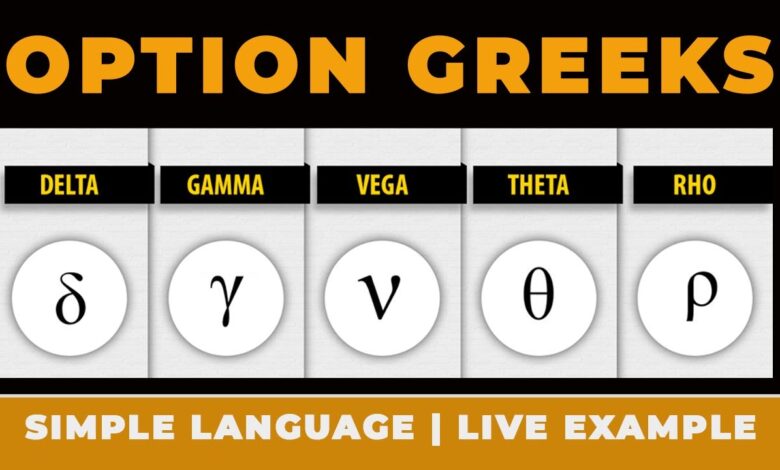Advanced Options Trading Techniques: Leveraging Options Greeks For Enhanced Trading Profits

Options trading is a popular financial instrument used by investors and traders to hedge against risks or speculate on market movements. Options traders use a range of techniques to maximize their profits and minimize their risks, including leverage, hedging, and sophisticated trading strategies.
One of the key concepts in options trading is the options Greeks. Options Greeks are a set of risk measures that are used to quantify the sensitivity of options to various factors, such as changes in the underlying asset price, time decay, volatility, and interest rates. By understanding and leveraging options Greeks, options traders can make more informed decisions and optimize their trading strategies for enhanced profits.
Delta Hedging Strategies:
Delta is one of the most important options Greeks, as it measures the sensitivity of options to changes in the underlying asset price. Delta can range from 0 to 1 for call options and from -1 to 0 for put options, indicating the percentage change in the option price for a one-point change in the underlying asset price.
Delta hedging is a popular strategy used by options traders to manage their exposure to changes in the underlying asset price. Delta hedging involves buying or selling the underlying asset to offset the delta exposure of the options position. By doing so, the trader can create a delta-neutral position that is immune to small changes in the underlying asset price.
For example, if a trader buys a call option with a delta of 0.5, they can buy 50 shares of the underlying asset to create a delta-neutral position. If the underlying asset price goes up by one point, the call option will increase in value by 0.5, while the 50 shares of the underlying asset will decrease in value by 0.5, resulting in a net gain of zero. Delta hedging can be used to lock in profits or limit losses, depending on the trader’s goals.
Gamma Scalping:
Gamma is another options Greek that measures the rate of change in the delta for a one-point change in the underlying asset price. Gamma can be used to adjust the delta exposure of an options position as the underlying asset price changes. Gamma scalping is a strategy used by options traders to profit from changes in the gamma exposure of their options positions.
Gamma scalping involves buying or selling the underlying asset or options to adjust the delta and gamma exposure of the options position. By doing so, the trader can profit from changes in the underlying asset price and volatility. Gamma scalping can be used to generate income or hedge against risks, depending on the trader’s goals.
For example, if a trader has a long call option with a delta of 0.5 and a gamma of 0.1, they can buy 10 shares of the underlying asset for every one-point increase in the underlying asset price to maintain a delta-neutral position. If the underlying asset price goes up by two points, the delta of the call option will increase to 0.7, and the trader will need to buy 20 shares of the underlying asset to maintain a delta-neutral position. By doing so, the trader can profit from the increase in the underlying asset price and the increase in the gamma exposure of the call option.
Vega And Implied Volatility:
Vega is an options Greek that measures the sensitivity of options to changes in market volatility. Vega can be used to manage the risk of options positions that are sensitive to changes in volatility, such as long straddles or strangles. Vega is a measure of the change in option price for a one-point change in volatility, which can be positive or negative depending on the options position.
Options traders can use vega trading to profit from changes in implied volatility, which is the market’s expectation of future volatility. By buying or selling options with high or low vega exposure, traders can capitalize on changes in implied volatility and generate profits.
For example, if a trader expects an upcoming event to increase market volatility, they can buy call and put options with high vega exposure to profit from the increase in implied volatility. Alternatively, if a trader expects market volatility to decrease, they can sell call and put options with low vega exposure to generate income.
Theta Decay And Time Decay:
Theta is an options Greek that measures the rate of time decay or the erosion of the options value as time passes. Theta is a negative number, indicating the decrease in the options price for each day that passes. Theta decay can be managed through various options trading strategies, such as covered calls or calendar spreads.
Covered calls involve selling call options against a long position in the underlying asset to generate income and reduce the cost basis of the asset. Calendar spreads are used to profit from time decay and variations in implied volatility by purchasing and selling options with various expiration dates.



